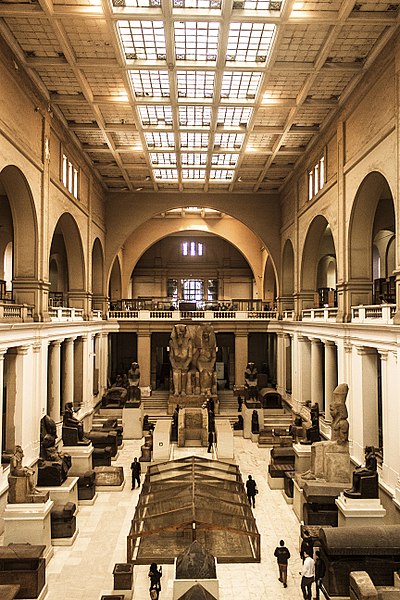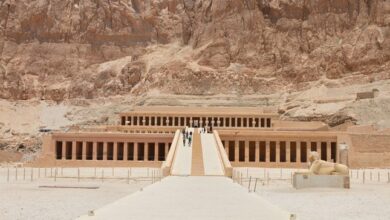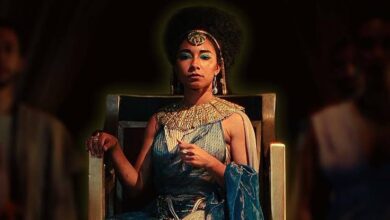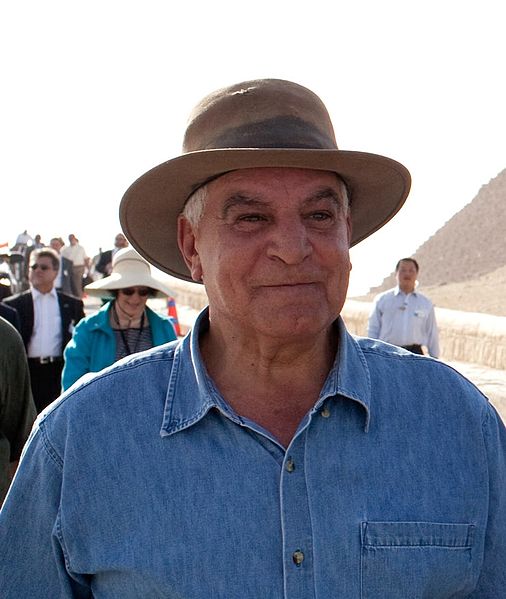
Egyptologist Magdi Shaker responds to Afrocentric claims made by an Afrocentric group regarding their ties to ancient Egyptian civilization: “They searched for their identity and found nothing but ancient Egyptian civilization,” emphasizing that “Egypt does not harbor any animosity towards anyone.'”
Shaker stated that, “Afrocentrism, or what is known as African ownership, emerged in the early 20th century. They were a group of Africans. Egypt does not have any enmity with anyone, and we are honored to belong to the African continent, of which we are a part. However, the problem lies in playing with identity or civilization.”
He added, “Afrocentrics and Eurocentrics began searching for their identity and found nothing but ancient Egyptian civilization,” noting that “they began to fabricate some distortions and talk about their return to a book called ‘Stolen Heritage,’ which speaks of ancient Egyptian civilization or what is known as ‘Black Athena’ in order to find a civilization for themselves and found nothing better than Egyptian civilization to claim that they have rights to Egyptian civilization and identity.”
A visit by a group of “Afrocentrics” to the Egyptian Museum in Tahrir has sparked controversy on social media, following the publication of photos of the visit by one of the group members on social media.
The visit sparked controversy among lovers of antiquities and ancient Egyptian civilization, objecting to the entry of “Afrocentrics” into the Egyptian Museum, due to their claims that “ancient Egyptian civilization belongs to the black race and not to the Egyptians.”
In an earlier statement to the Cairo 24 website, , Egyptian archaeologist Zahi Hawass has also spoken out against allegations by Afrocentric groups who try to connect themselves to ancient Egypt without proper evidence.
Hawass explained that the black Kingdom of Kush ruled Egypt in 500 BC, which marked an end to Pharaonic rule as Kush ruled Egypt.
He noted that it was not the Kush rule that shaped Egypt in this era, but more-so the other way around.
Hawass referred to depictions on Egyptian temples from the Old Kingdom to the end of the Late Period of an Egyptian pharaoh with captives from Africa, Libya, Syria and Palestine, showing how the features of the Egyptian king are completely different from black people.
He clarified that the issue is not one borne of racism but of refuting ideas that have no basis in reality.
Hawass slammed the Afrocentric movement for creating confusion and spreading false information regarding ancient Egypt.




